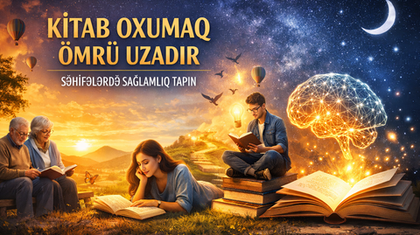Friendship is one of the most important and valuable aspects of human life. Literature has explored this theme for centuries, showing the power of friendship, its challenges, and its impact on human life through various genres and authors. In literature, friendship is presented both as an emotional and a moral lesson.
1. Depiction of Friendship in Classic Literature
In classic novels, friendship is often portrayed in connection with character development and life lessons. For example, in Mark Twain’s The Adventures of Huckleberry Finn and Tom Sawyer, friendship serves as a source of both adventure and moral guidance. Through friendship, the characters learn values such as courage, honesty, and loyalty to one another.
2. Friendship in Modern Literature
In modern novels, friendship is depicted more realistically and complexly. It may be tested through challenges or symbolize genuine support and loyalty between people. Contemporary authors show readers that friendship is not measured solely by happy moments — difficulties, misunderstandings, and problems also test friendship but make it stronger.
3. Various Aspects of Friendship
-
Loyalty and Trust: True friends support each other in difficult times and build mutual trust.
-
Conflict and Reconciliation: Misunderstandings and challenges occur in friendship, but they strengthen the relationship.
-
Empathy and Sharing: Friendship develops a person’s capacity for empathy and teaches sharing joy and sorrow.
-
Friendship Across Cultures and Eras: Literature presents friendship differently in various countries and historical periods, giving readers a global perspective.
4. Friendship in Children’s Literature
In children’s books, friendship serves as both entertainment and education. Books teach children to share, respect one another, offer support in difficult moments, and solve problems together. Popular children’s works often present friendship as both an adventure and a moral lesson.
5. Friendship and Its Impact on Readers
Books about friendship create emotional resonance in readers. They make reading enjoyable while also enhancing understanding of human relationships, fostering empathy and compassion. Friendship stories engage readers emotionally and intellectually.
Literature presents friendship in many dimensions: loyalty, empathy, adventure, life lessons, and emotional richness. Books on friendship not only make readers reflect but also connect them emotionally, guiding them toward a deeper understanding of human relationships.






